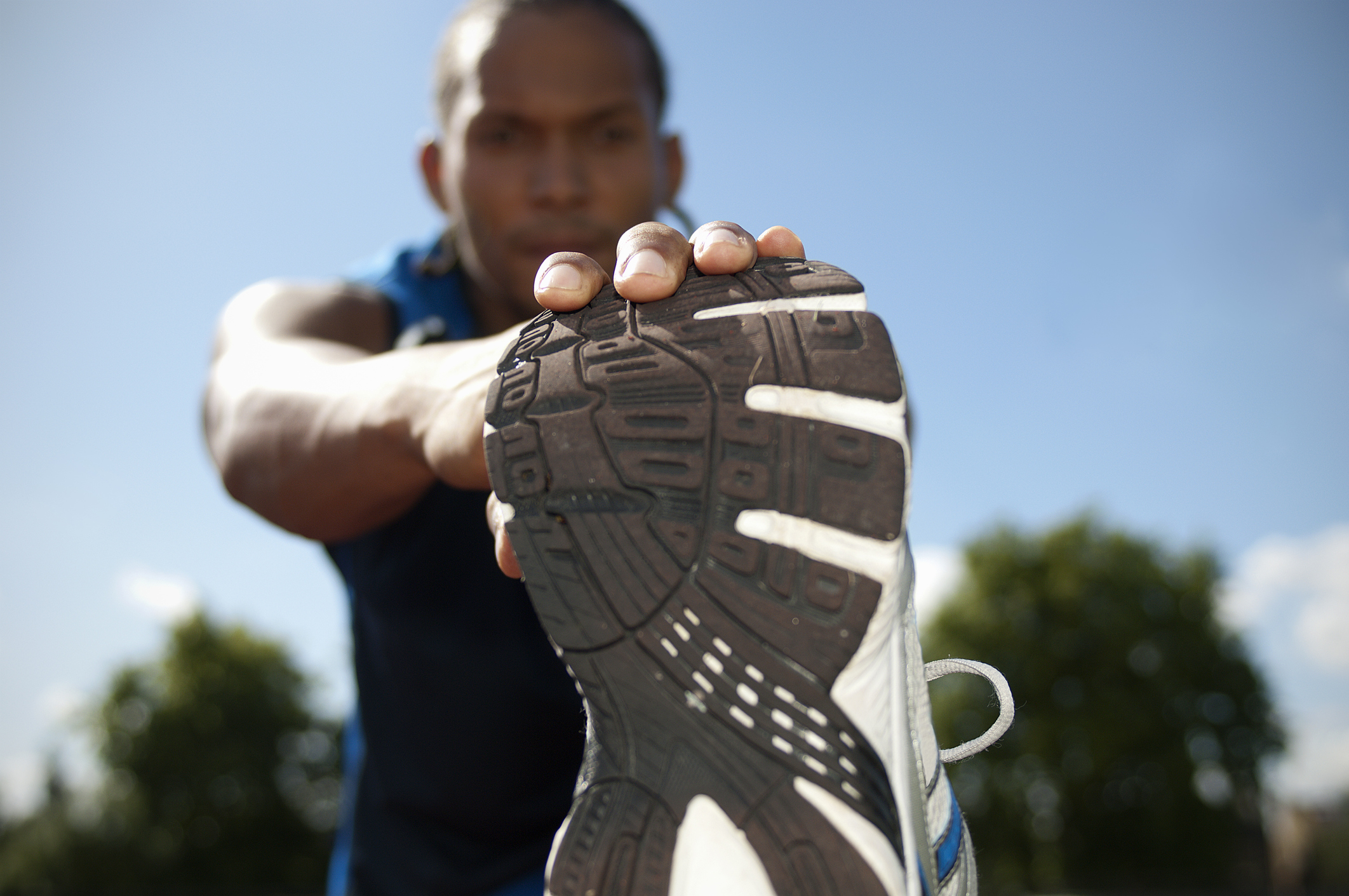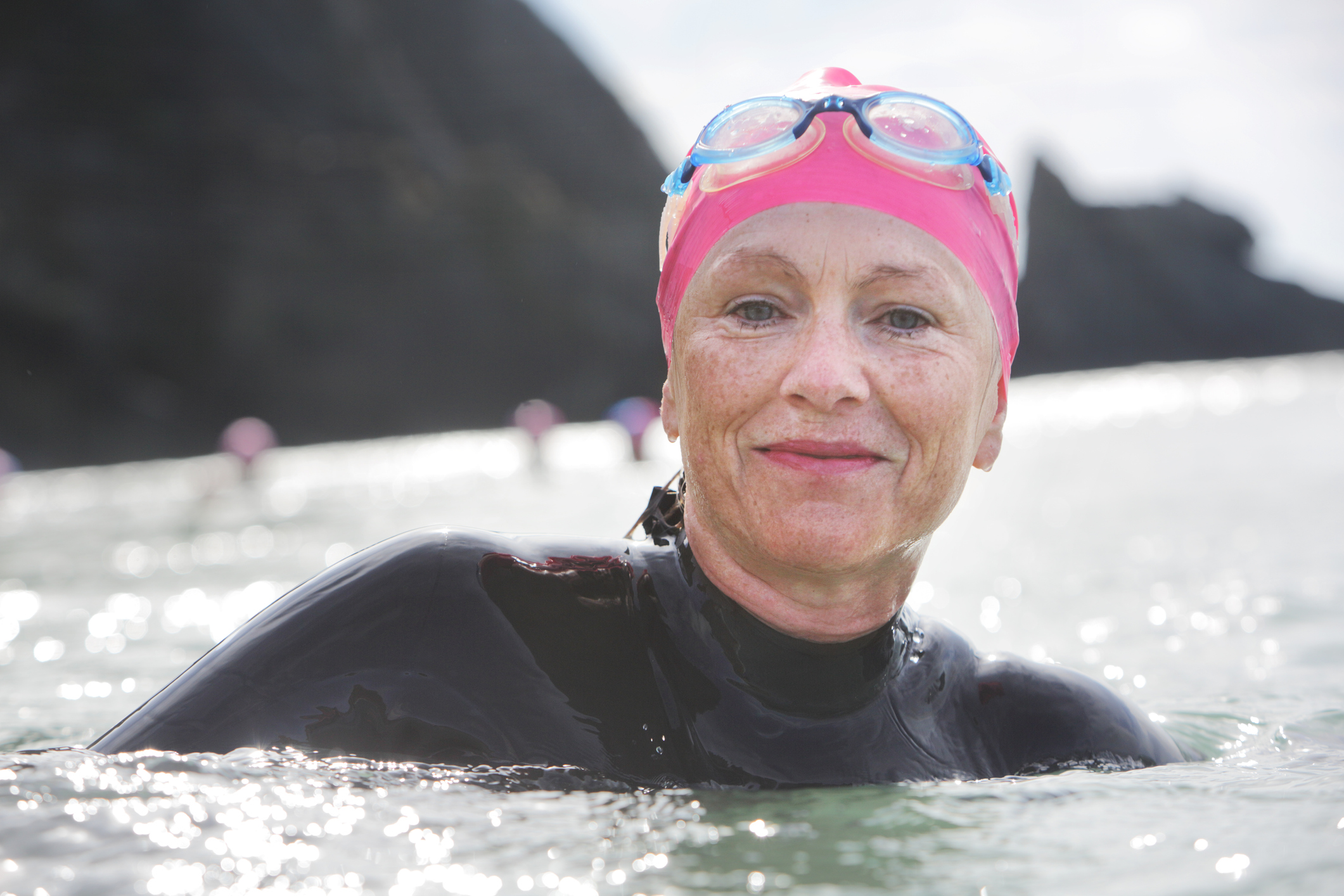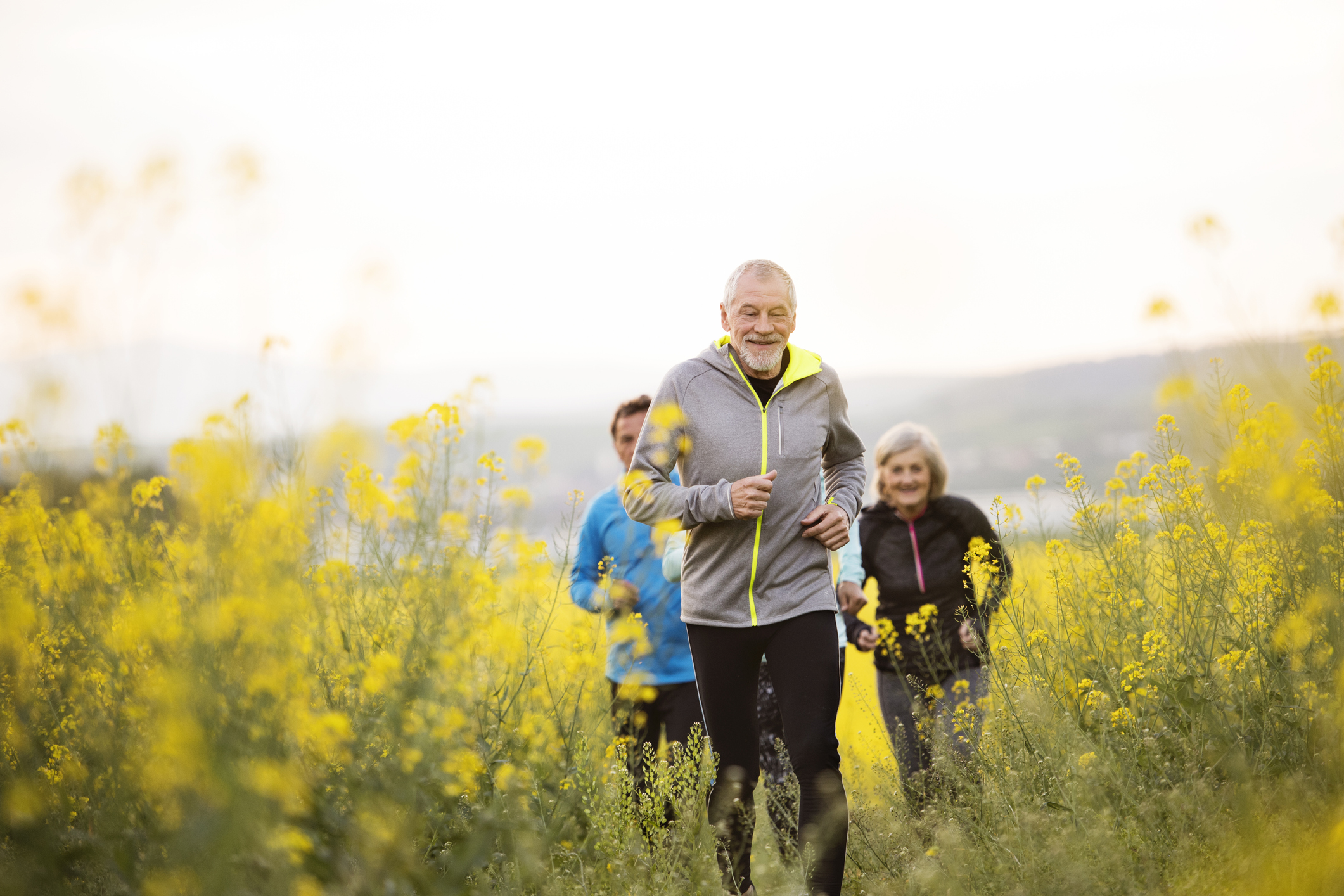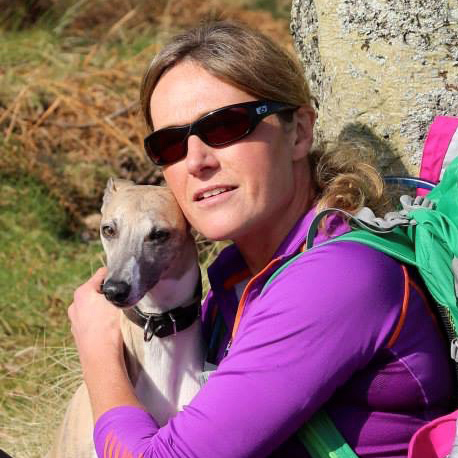How to recover after a long run, whatever your fitness level and experience
Tips for post-run recovery to ensure you look after your body and have more fun on the trails

All the latest inspiration, tips and guides to help you plan your next Advnture!
You are now subscribed
Your newsletter sign-up was successful
A long run is likely to be a distance of a half-marathon or more. For some people it might be an ultra-distance run in excess of 30 miles / 50km. Post-run recovery might also refer to training, as well as after a race. Whatever your situation, as a longer distance runner, it is important that you have a plan of action for how to recover post-run.
Proper recovery is important for allowing the body to process and repair after the physical stresses of a long run. It is in this recovery period that muscles repair and strengthen and if you have a good post-run recovery system, you can be sure you’ll become a fitter and stronger athlete.
A sensible post-run recovery schedule will also prevent potential injuries from physical over-load or poor nutrition.

Refuel and rehydrate
There is a narrow window post run for proper refuelling and rehydration. Within 20 to 30 minutes of your long run, you should aim to replenish your body’s depleted glycogen levels, electrolytes, sodium, and fluids.
A few good suggestions are sports drinks, protein smoothies or a simple chocolate milkshake. The chances are you will not feel like eating too much, so fluids that are boosted with nutrients and protein work well.
Change your clothes
If you sit around in sweaty running kit, you’ll end up cold and uncomfortable. For many people, the chill will cause their core body temperature to drop and therefore a decrease in circulation, leading to numb hands and feet.
As soon as you can, get out of your damp running clothes and change into a warm and dry outfit.
All the latest inspiration, tips and guides to help you plan your next Advnture!
This will aid your circulation by moving blood and nutrients through your body faster, which, in turn, helps the recovery after a long run.
Stretch and flex
While muscles and tendons are still warm, it is a good idea to perform a series of stretches. Static stretches are ideal, with focus on muscles such as hamstrings, glutes, calves, hip flexors, piriformis and lower back.
You can also make use of a foam roller or massage gun to work on particularly sore or tight areas of the muscles.
If you do all this soon after your run, the recovery process will be improved for your next run. Leaving muscles to become tight and sore will only lead to a painful run when you next go out.
Time to eat more
An hour after a long run is the ideal time for a larger meal. It’s important to include lean protein, such as chicken or seafood. If you are vegetarian or vegan, you can gain good protein from tofu, pulses and nuts, for example.
Your meal should include complex carbohydrates, too, as well as fruit and vegetables for a vitamins boost.

A good night’s sleep
One of the best tools for effective recovery after a long run is sleep. You could take a nap in the afternoon but, most importantly, you need to sleep well. The body works hard to heal itself, such as repairing muscle damage and the removal of toxins, and when you are lying at rest, it can do so more effectively.

Post-run recovery – the next day
Any exercise should be very easy, especially if you plan to run. Better still, do an easy bike ride, a swim or a yoga session as an alternative way to increase blood flow and therefore aid the recovery of muscles.

How to recover after a run: a word about age
As we age, from 30s, through 40s to 50s, 60s, and 70s, the body’s ability to recover post-run or exercise slows. This is especially true for women in the peri-menopause, menopause and post-menopause years.
Allowing extra time for recovery will be hugely beneficial because the more you allow your muscles to recover, the fitter and stronger you will remain into later life and the less likely you will be to sustain an injury.

Fiona Russell is a widely published adventure journalist and blogger, better known as Fiona Outdoors. She is based in Scotland and is an all-round outdoors enthusiast with favorite activities including trail running, mountain walking, mountain biking, road cycling, triathlon and skiing (both downhill and backcountry). Aside from her own adventures, Fiona's biggest aim is to inspire others to enjoy getting outside and exploring, especially through her writing. She is also rarely seen without a running skort! Find out more at Fiona Outdoors.
